In addition to Weibo, there is also WeChat
Please pay attention

WeChat public account
AutoBeta


2024-07-27 Update From: AutoBeta autobeta NAV: AutoBeta > News >
Share
AutoBeta(AutoBeta.net)11/16 Report--
German carmaker BMW has stopped producing cars with internal combustion engines in Germany, and its last V8 internal combustion engine was put off at its Munich plant on November 10, marking the end of an era for BMW in Germany, which will be fully electrified in the future, German media BR24 reported.
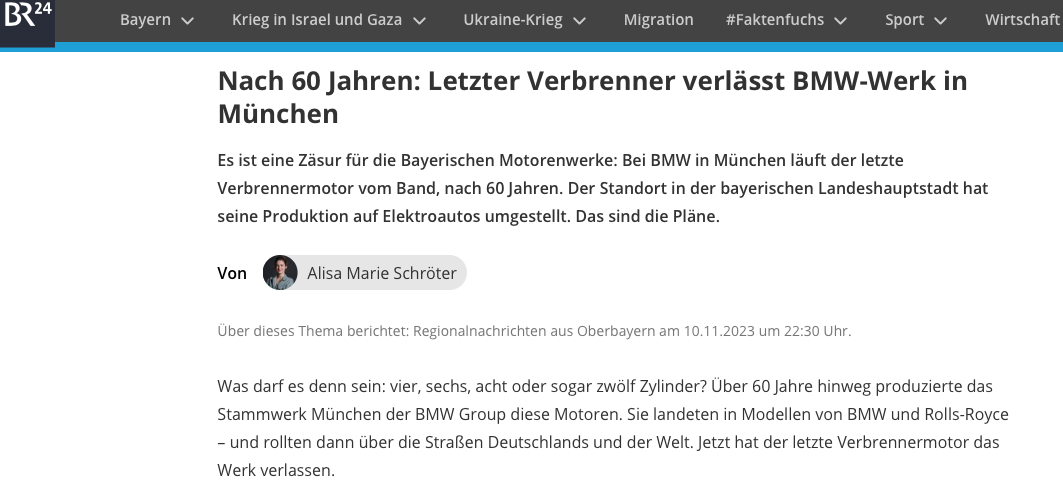
Reported that after the complete cessation of internal combustion engine production in Munich, Germany, the factory will be completely transformed into a factory producing new electric models, while the 1200 employees who were originally responsible for the production of BMW internal combustion engines will receive new training. and then transferred to other BMW positions or other factories.
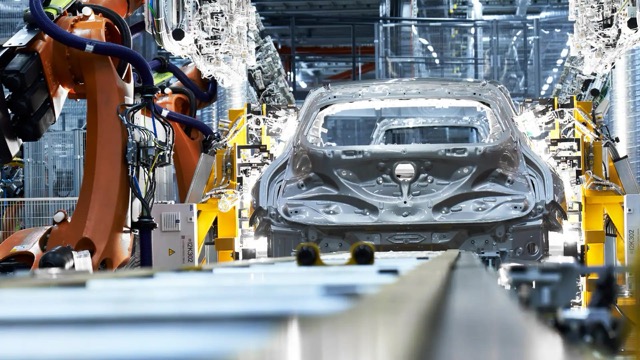
It should be noted that the suspension of internal combustion engine cars in Germany does not mean that BMW no longer sells fuel vehicles. In order to maintain normal production of cars with internal combustion engines, BMW will transfer these jobs to factories in Austria and the United Kingdom. According to media reports, the BMW Steyr plant in Grez, Austria, is likely to be the production base for the company's V8 engines, while the Hams Hall plant on the outskirts of Birmingham, England, will undertake most of the production of other internal combustion engines. But as early as November 2020, BMW announced that it would transfer production of eight-cylinder and 12-cylinder engines from Munich to the Hamshall plant in the UK and produce smaller engines in Steyr, Austria.
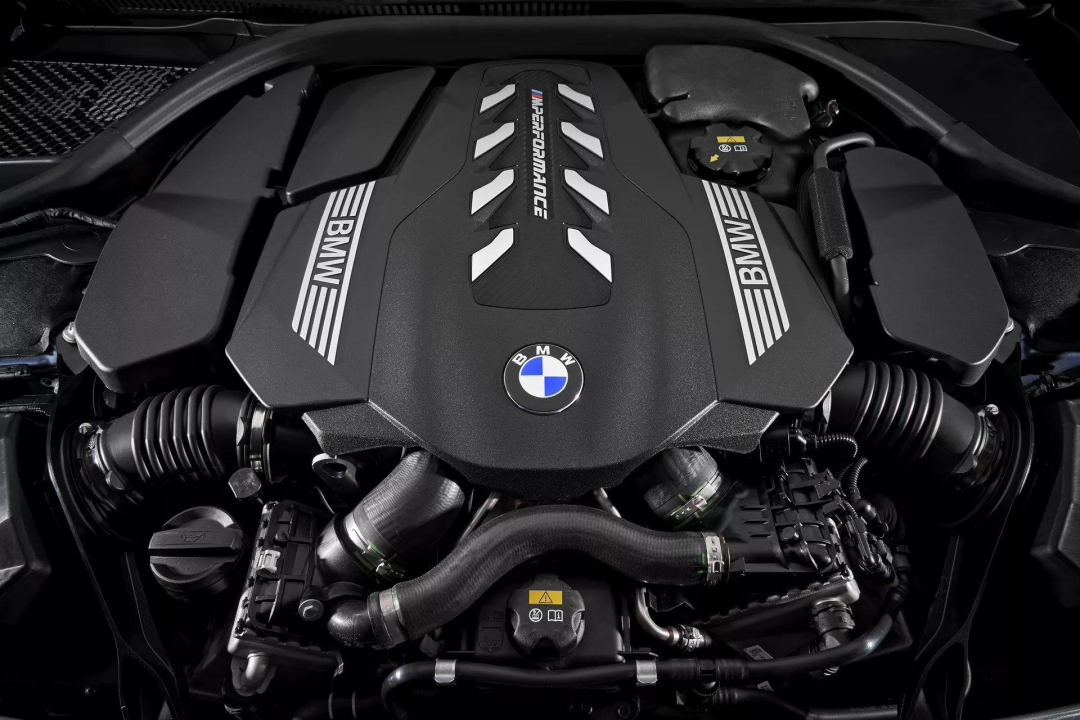
From October 2021, BMW will begin producing the all-electric car i4 at its Munich plant, which will also be one of the production bases for future Neue Klasse-based electric products, including the BMW i3 and the new BMW i4, which will be launched between 2025 and 2027. But it's not just the Munich plant. BMW also makes other electric cars in other parts of Germany, including the iX, i5 and i7 in Dingolfen and the iX1 and iX2 in Regensburg. BMW also plans to build a large battery assembly base in Strasky.
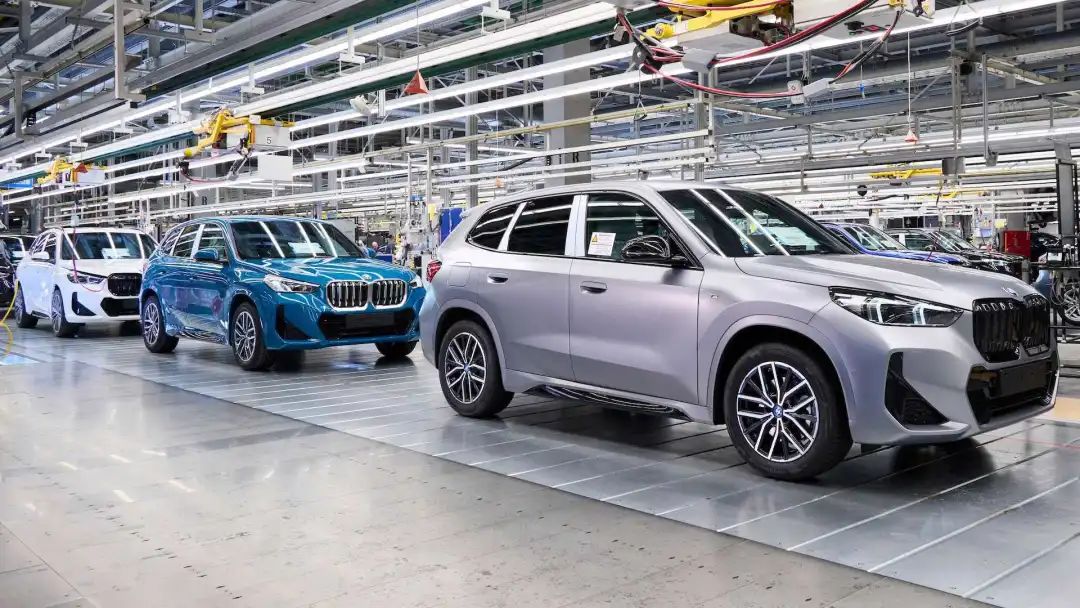
In recent years, BMW has invested heavily in electric vehicles and accelerated the electrification transformation, but in spite of this, BMW does not want to make the full transition electrified prematurely. BMW believes that it is less likely to be fully electrified by 2030, so the brand will continue to launch fuel models while making efforts in the tram sector, with the goal that internal combustion engine cars will still account for 50% of total sales by 2030.
In April last year, BMW Chairman Zipps also expressed the view that "there is still a market for traditional fuel cars", saying that it is not advisable to stop the internal combustion engine prematurely. A senior management in charge of BMW research and development also said: "to completely abandon the technology and platform of fuel vehicles and to develop and build electric car production lines from scratch is too expensive and too long."
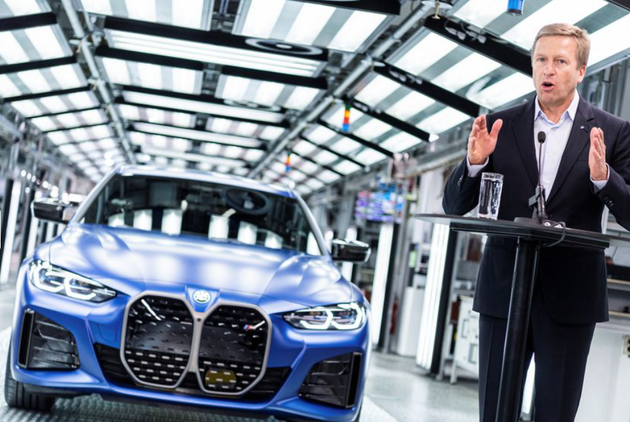
It is reported that the transformation of traditional factories by multinational automakers to electrification is a common practice of most car companies. The Volkswagen Group also invested 2 billion euros to transform an internal combustion engine plant into a battery production base and shut down its transmission plant in Shanghai at the end of last year. Earlier, Stellantis Group also overhauled and upgraded its large diesel engine plant in eastern France to transform the production of motors, which is expected to produce more than 1 million motors within three years.
However, the industry believes that from BMW's previous experience of retrofitting the Munich plant for the electric car i4, it will not be easy to convert the internal combustion engine plant into a production base for electric products. According to AutoNode, plant manager Robert Engelhorn (Robert Engelhorn) has said that the narrow structure of the Munich plant makes it difficult to install the new system. "it takes careful planning and creative thinking to dismantle the old system and install the new system and put it into use within six weeks," AutoNode reported. It is also reported that the transformation of the general related production line will cost a lot of money, after spending as much as 200 million euros (about 1.6 billion yuan) on R & D and transformation in Munich to expand the production of electric models at the plant.
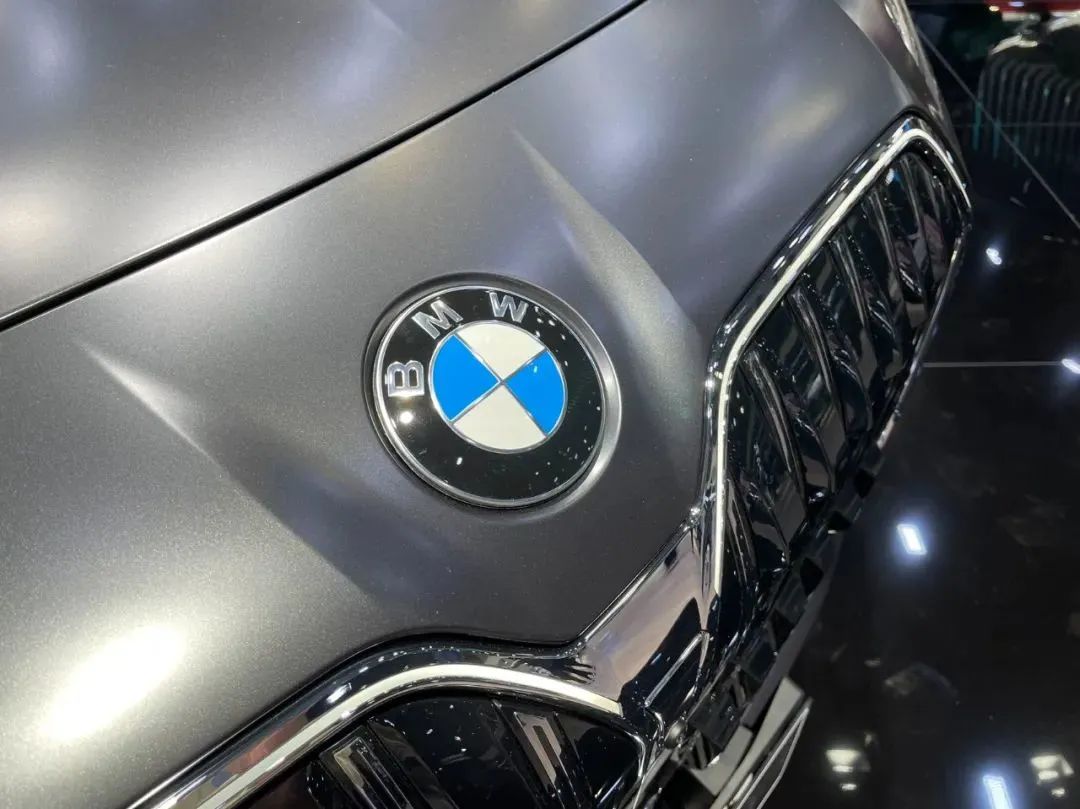
It should be noted that as new energy vehicles become the future development trend of the automotive industry, it is imperative to ban the sale of fuel vehicles. Last September, the International Energy Agency (IEA) said sales of internal combustion engine vehicles would stop in 2035 and achieve a net zero emission scenario by 2050, and called on governments to agree on a timetable to decide when all newly sold road vehicles should achieve zero emissions. So far, countries including Italy, France, Spain, the United States and China have clearly stopped the sale of fuel vehicles. Prior to this, the Netherlands, Germany, Ireland, Israel, Denmark, Iceland, Sweden, Slovenia and India have banned the sale of fuel vehicles until 2030, while Hainan of China and Quebec of Canada have announced a ban on the sale of fuel vehicles in 2035.
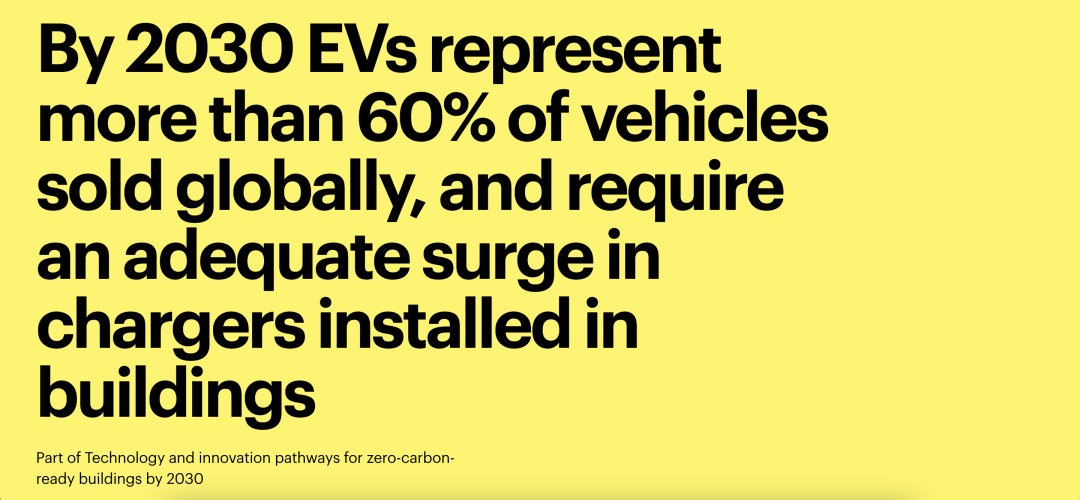
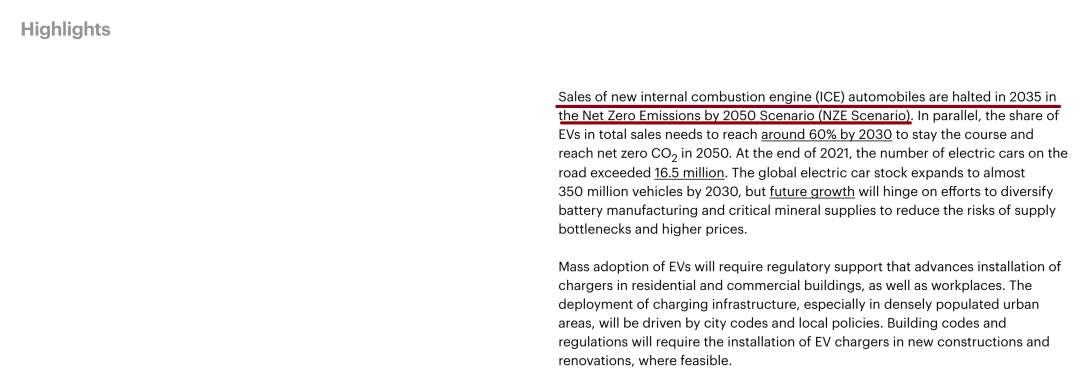
Although the time for stopping the sale of fuel vehicles varies from country to country and among major car companies, a consensus has basically been reached. But unlike most automakers, BMW has yet to set an exact date for halting all gasoline and diesel production.
In the first three quarters of this year, BMW delivered 1.8366 million vehicles worldwide, up 5.1 per cent from a year earlier, with sales of pure electric models under the BMW and MINI brands rising 92.6 per cent to 246900, according to official figures. Subdivided into the Chinese market, BMW Group delivered a total of 602800 BMW and MINI-branded cars in China, of which BMW's pure electric model sales rose 232% to 69600 vehicles compared with the same period last year. BMW expects pure electric cars to account for 15% of new car sales in 2023.
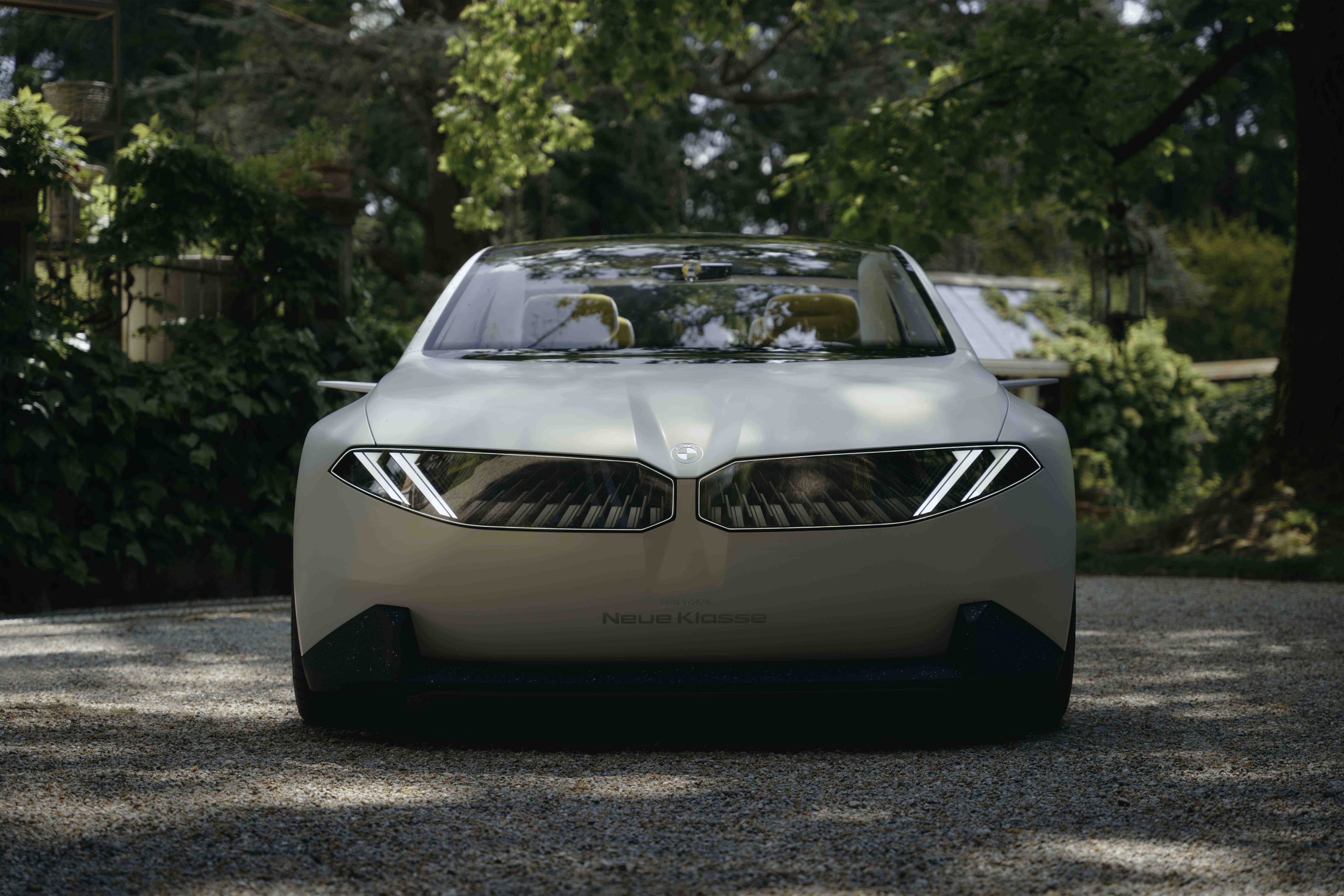
In September, Chipze announced at the 2023 World Congress of New Energy vehicles that BMW would design cars based on a new generation of electric platforms for the Chinese market. According to the plan, BMW Group will start production of the new generation model from the second half of 2025, which will use a new cylindrical battery, increase the volume energy density by more than 20%, and increase the battery life by up to 30%. In addition, Chipze revealed that BMW Chinese designers are already developing a new generation of models for the Chinese market, which will include six models to meet different consumer needs, which will initially be produced in Hungary and later expanded to factories in Germany and China.
BMW Group believes that the strong demand for BMW electric cars in China will pave the way for its follow-up models. According to the plan, the all-electric BMW i5 will be unveiled this year, while the new generation of BMW models will be put into production in Shenyang from 2026.
Welcome to subscribe to the WeChat public account "Automotive Industry Focus" to get the first-hand insider information on the automotive industry and talk about things in the automotive circle. Welcome to break the news! WeChat ID autoWechat
Views: 0
*The comments in the above article only represent the author's personal views and do not represent the views and positions of this website. If you have more insights, please feel free to contribute and share.








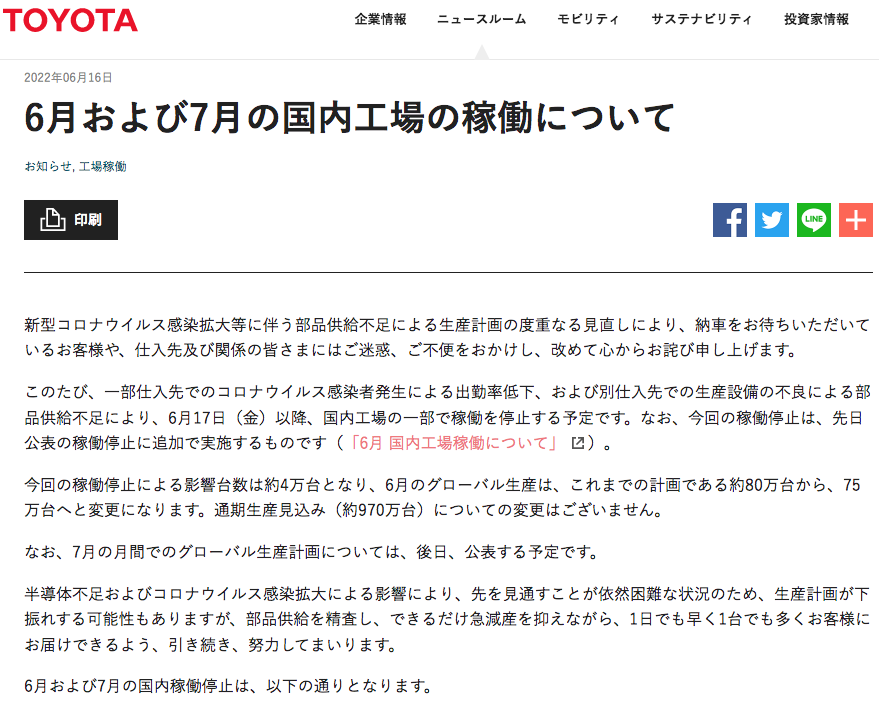
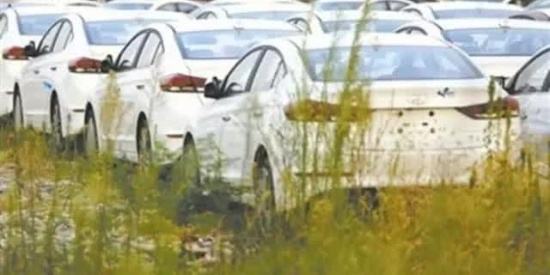

© 2024 AutoBeta.Net Tiger Media Company. All rights reserved.